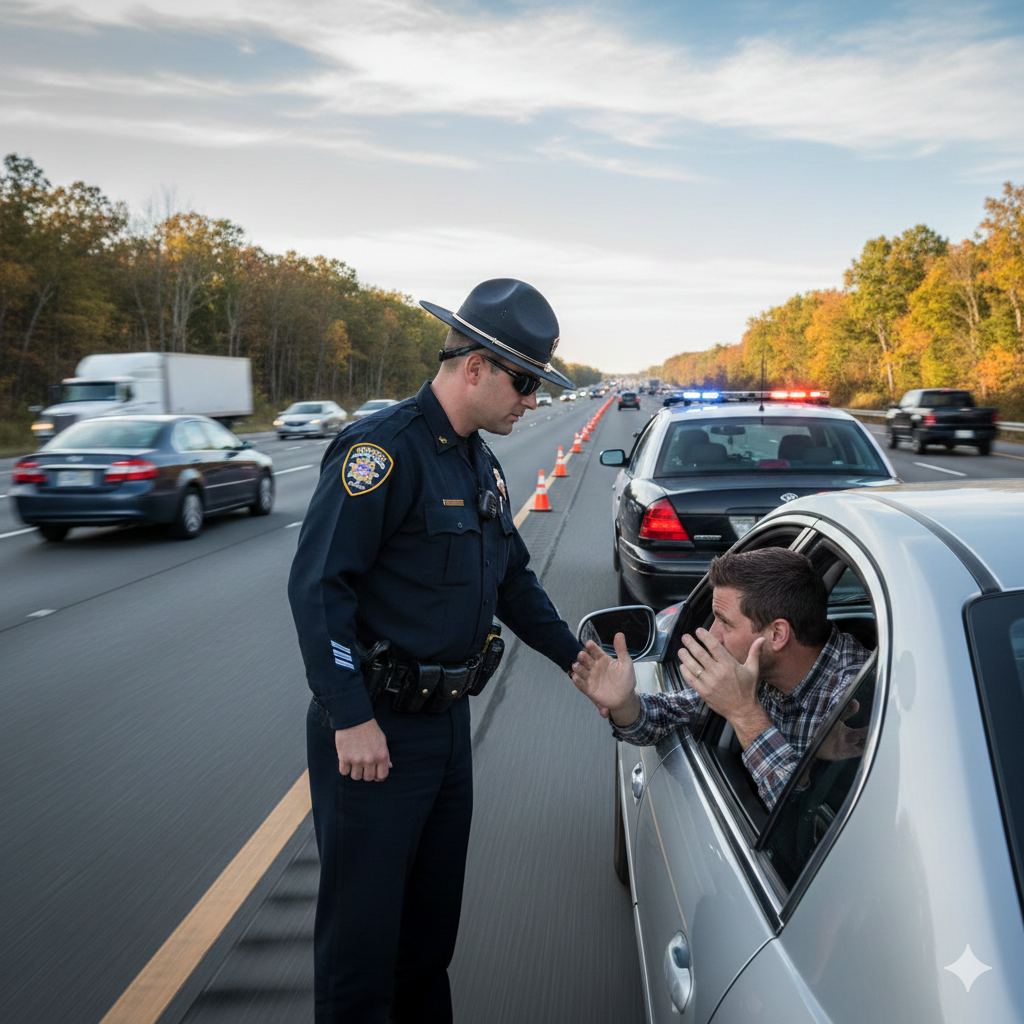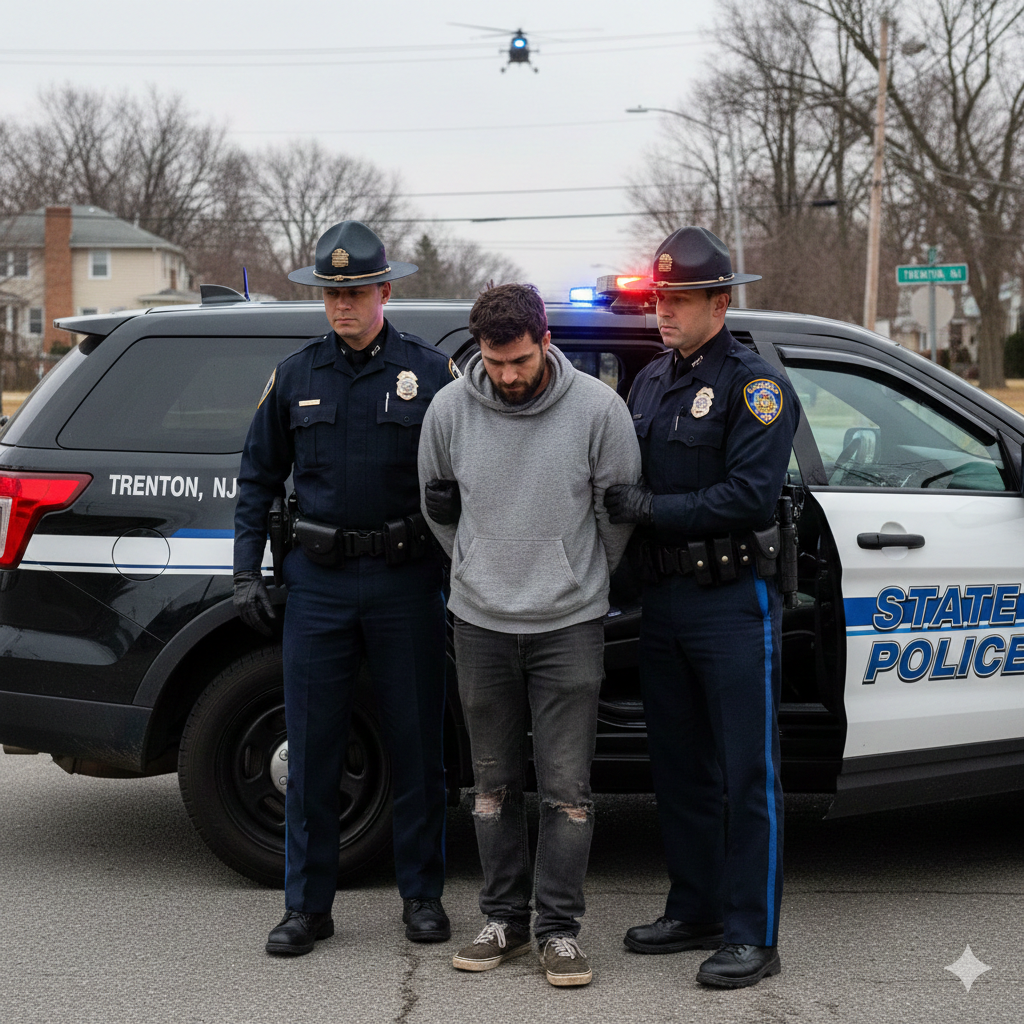If you are not a U.S. citizen and were arrested in New Jersey for DWI and breath test refusal, it’s completely normal to worry about how this could affect your immigration status. For many people, the fear goes beyond fines or license suspension—it’s about visas, green cards, future travel, or even deportation.
The good news is that a breath test refusal in New Jersey does not automatically ruin your immigration status. However, the situation is not always simple. Immigration consequences depend on several factors, including your current status, your history, and how the case is handled in court.
This guide explains how breath test refusal works in NJ, how immigration law looks at DWI-related cases, and why having an experienced attorney—like Reisig Criminal Defense & DWI Law—can be critical when immigration concerns are involved.
Understanding Breath Test Refusal in New Jersey
New Jersey treats breath test refusal as a separate motor vehicle offense, not a traditional crime. When police believe you were driving while intoxicated, they are required to read an implied consent warning. If they claim you refused to provide a breath sample, you can be charged with refusal—even if no breath test result exists.
Penalties may include:
- License suspension
- Fines and court costs
- Mandatory alcohol education programs
- Ignition interlock requirements
While these penalties are serious, refusal is not classified as a criminal conviction under NJ law.
Is Breath Test Refusal a Crime for Immigration Purposes?
This is one of the most important questions for non-citizens.
In most cases, a New Jersey breath test refusal is not considered a crime involving moral turpitude (CIMT) and is not an aggravated felony under federal immigration law. That means a refusal charge alone typically does not trigger automatic deportation.
However, immigration authorities look beyond labels. They examine the facts of the case, your overall record, and whether other charges are involved.
When Immigration Risks May Increase
While refusal alone is usually not enough to cause immigration problems, certain situations raise red flags.
Multiple DWI or Refusal Cases
Repeat alcohol-related offenses may cause immigration officials to question good moral character, which can affect applications for green cards, naturalization, or visa renewals.
Combined DWI Conviction
If a refusal charge is paired with a DWI conviction, immigration risks may increase—especially if there are aggravating factors like accidents, injuries, or prior offenses.
Driving on a Suspended License
This can be treated more seriously and may impact discretionary immigration decisions.
Pending Immigration Applications
If you are applying for adjustment of status, citizenship, or relief from removal, even non-criminal offenses can still matter.
Can a Breath Test Refusal Affect Green Card or Visa Applications?
Yes—indirectly.
Even when an offense is not deportable, immigration officers have discretion. They may consider:
- Alcohol-related driving history
- Compliance with court orders
- Completion of required programs
- Overall pattern of behavior
A refusal charge can raise questions, but how the case is resolved matters greatly.
Why Proper Defense Is Critical When Immigration Is at Stake
Many people make the mistake of quickly pleading guilty just to “get it over with.” For non-citizens, this can be dangerous. The wrong plea or court outcome can create long-term problems with immigration—even years later.
A knowledgeable attorney can:
- Examine whether the stop and arrest were lawful
- Challenge improper refusal procedures
- Review whether implied consent warnings were read correctly
- Work to reduce or dismiss charges when possible
- Coordinate strategy with immigration counsel if needed
Common Defenses That Can Protect Immigration Status
In refusal cases, defenses often focus on:
- Lack of probable cause for the stop or arrest
- Improper or rushed implied consent warnings
- Ambiguous responses that were not true refusals
- Medical or language barriers
- Missing or inconsistent police evidence
When charges are dismissed or reduced, immigration risks are often minimized.
Why Experience Matters: Reisig Criminal Defense & DWI Law
When immigration status is on the line, experience matters more than ever. For nearly 30 years, Reisig Criminal Defense & DWI Law has been one of the most trusted and successful DWI defense firms in New Jersey.
The firm is known for:
- Deep knowledge of NJ DWI and refusal law
- Careful handling of cases involving non-citizens
- Identifying defenses that protect both driving and immigration rights
- Understanding how municipal court outcomes can affect federal immigration decisions
They know that one mistake in a refusal case can follow you for years.
What Should You Do After a Breath Test Refusal Arrest?
If you are not a U.S. citizen and were charged with refusal in New Jersey:
- Do not plead guilty without legal advice
- Document everything you remember about the stop and arrest
- Act quickly to preserve video and evidence
- Work with a DWI attorney experienced in immigration-sensitive cases
Early action can make a significant difference.
Protect Your Future, Not Just Your License
A DWI breath test refusal in New Jersey does not automatically destroy your immigration status, but it should never be taken lightly. The outcome depends on the facts, the legal strategy, and the attorney handling your case.
With nearly three decades of experience, Reisig Criminal Defense & DWI Law has helped countless clients navigate refusal charges while protecting what matters most—their future in the United States.
If your immigration status is a concern, get experienced guidance before making any decisions.















